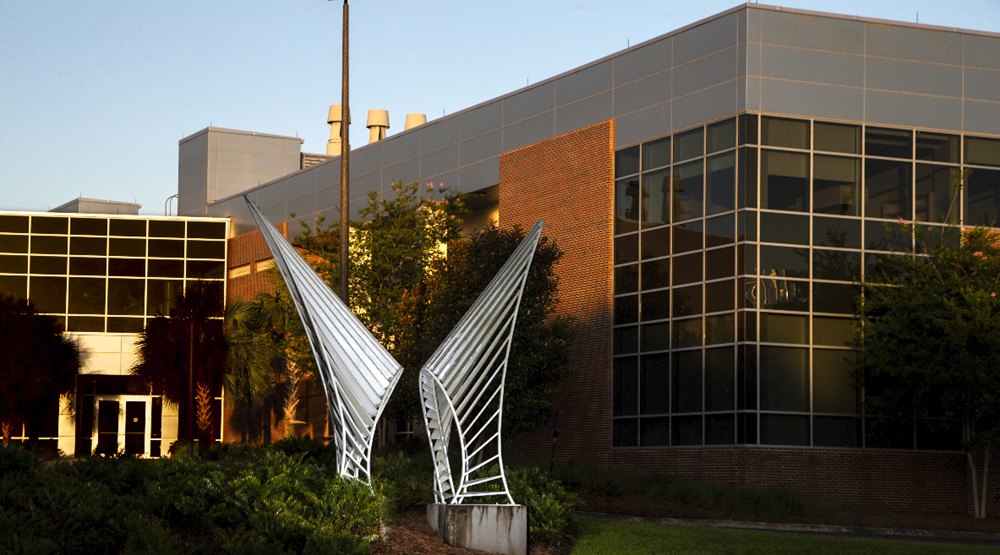Read About FCAAP
The Florida Center for Advanced Aero-Propulsion (FCAAP) was formed to meet the needs of a rapidly evolving and highly competitive aerospace industry. FCAAP's objectives are to help train and sustain the much needed, highly skilled workforce; to design and develop new technologies and products required to help sustain the Aerospace industry; and to transition the technology to applications in a timely and efficient manner.
The Florida Center for Advanced Aero-Propulsion (FCAAP) was formed to meet the needs of a rapidly evolving and highly competitive aerospace industry. FCAAP's objectives are to help train and sustain the much needed, highly skilled workforce; to design and develop new technologies and products required to help sustain the Aerospace industry; and to transition the technology to applications in a timely and efficient manner.
The Florida Center for Advanced Aero-Propulsion (FCAAP) was formed to meet the needs of a rapidly evolving and highly competitive aerospace industry. FCAAP's objectives are to help train and sustain the much needed, highly skilled workforce; to design and develop new technologies and products required to help sustain the Aerospace industry; and to transition the technology to applications in a timely and efficient manner
What is Aero-Propulsion?
The discipline of aero-propulsion deals with transportation systems and other objects that move through air, influencing the design and fabrication of aircraft, spacecraft, automotive transport, and all manner of vehicles in motion. The relevant research areas cover fundamental science topics such as aerodynamics, fluid mechanics, acoustics, thermal physics, and turbulence as well as practical applications such as combustion improvement, active control of flow separation, supersonic jet noise suppression, lift/thrust enhancement and drag reduction, etc.
Funding for FCAAP
FCAAP was launched with nearly $15 million in seed funding by the State of Florida. These funds are used to maximize the use of, and add to, our resources and will create a state and nationwide technology and resource team in the highly competitive and innovation-driven aerospace market. FCAAP leverages the seed funds and the extensive existing resources (nearly $70 million) of its partners both in terms of infrastructure and a team of highly experienced, internationally recognized scientists, researchers, and engineers. The interdisciplinary team covers a broad range of areas related to aeronautics, aerospace, propulsion and space sciences. FCAAP is a technical incubator and facilitates rapid transfer of knowledge and technologies to applications and products through partnerships with aerospace industry, government, and other stakeholders.
Space Transportation Research
In 2011, FCAAP became an FAA Center of Excellence for Commercial Space Transportation Research. Congress authorized Air Transportation Centers of Excellence under the Federal Aviation Administration Research, Engineering and Development Authorization Act of 1990. This legislation enables the FAA to work with universities and their industry partners to conduct research in environment and aviation safety, and other activities to assure a safe and efficient air transportation system. Research will extend to cutting-edge technologies and infrastructure for private human spaceflight and orbital debris mitigation.

